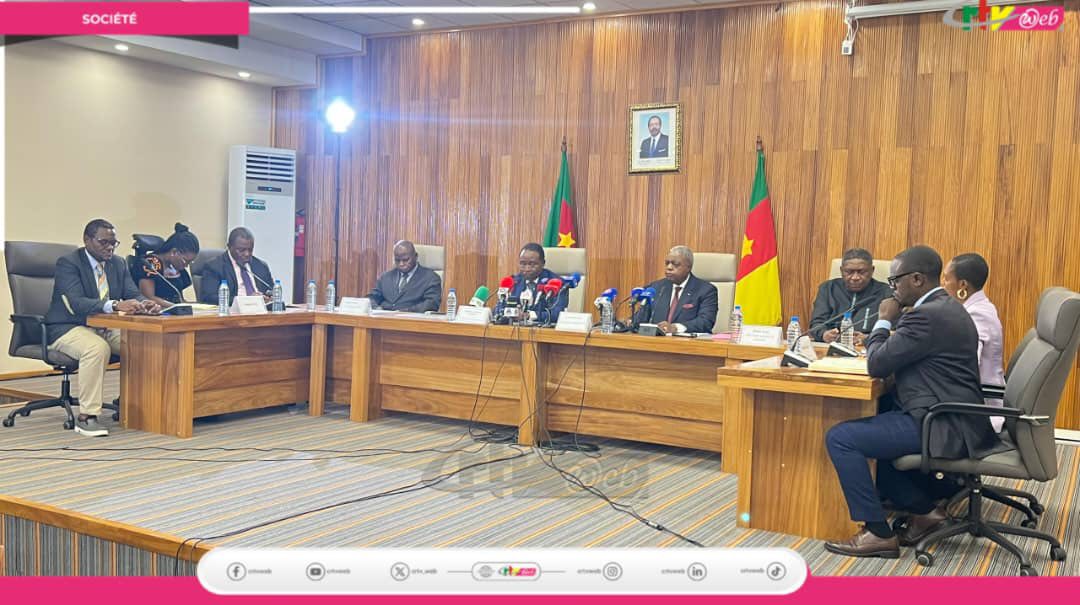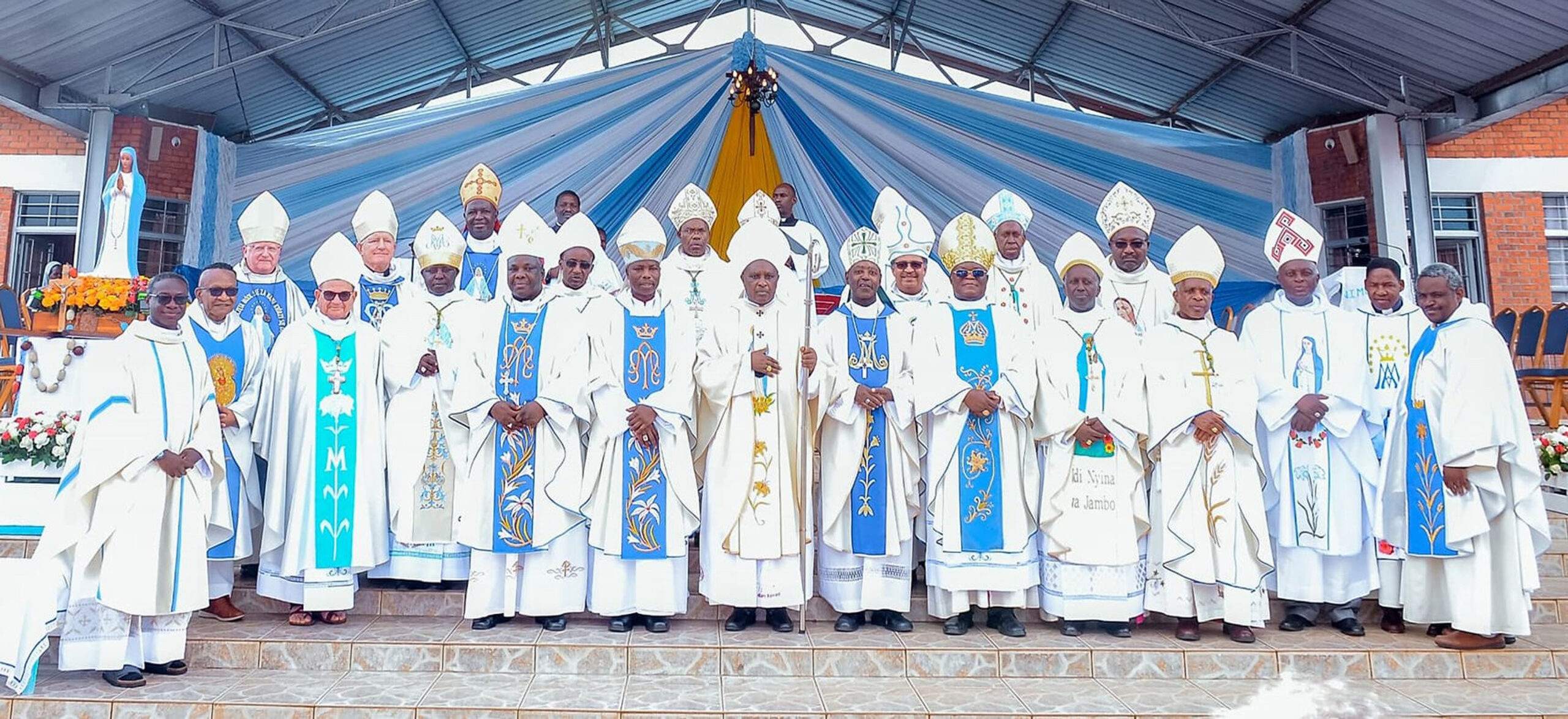By Etienne Mainimo Mengnjo
Cameroon’s government on Friday pledged to crack down on electricity fraud and protect the jobs of more than 3,600 Cameroonian employees after the state took back control of power distributor ENEO from British fund Actis.

The assurances came at a joint press conference in Yaounde chaired by Communications Minister René Emmanuel Sadi and Water Resources and Energy, Minister Gaston Eloundou Essomba.
The press conference came two days after the state signed an agreement to repurchase Actis’s stake for FCFA 78 billion
“The objectives set when Actis took over have not been achieved,” Sadi said, despite heavy state investment to boost production and improve distribution.
He described the renationalisation as opening “a new era” for the sector that would restore investor confidence, stabilise supply and benefit the economy and population.
Minister Eloundou Essomba on his part, stressed that the takeover would not affect the 3,600 local employees. “The government has already taken measures to guarantee their rights and social advantages,” he said.
The state now holds 95 percent of Eneo’s capital, with the remaining five percent owned by staff. Payment of the FCFA 78 billion and the appointment of a new management team must be completed within 60 days.

The Ministers said the government would now implement a priority recovery plan backed by the World Bank and African Development Bank.
A key objective is restoring the sector’s financial health, notably by restructuring ENEO’s bank debt and tackling fraud, which currently costs around FCFA 60 billion a year.
To combat fraud, 15,000 smart meters will be installed in medium- and low-voltage substations, Eloundou Essomba announced. The government also plans to expand the customer base and invest in transmission and distribution networks.
Actis acquired its majority stake in ENEO in September 2014 with a mandate to attract private investment, modernise infrastructure, cut outages, professionalise management and increase generation capacity to meet rising demand.
After 11 years, the government has decided to end the concession after concluding that those goals had not been met.


